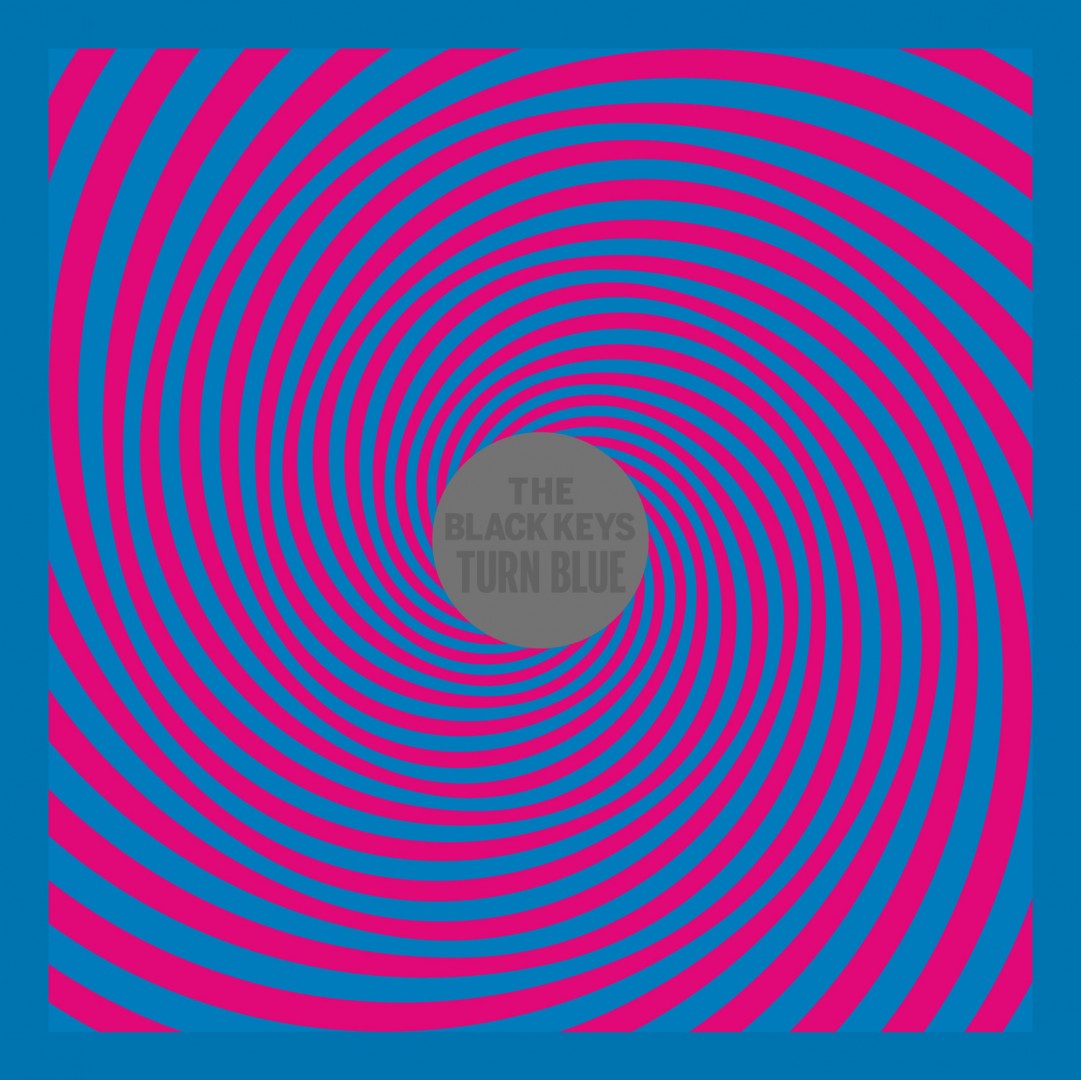Following a three-year hiatus from the studio, The Black Keys once again decide to step outside of their blues rock sound and take a try at psych rock. After the release of a few singles earlier this year, The Black Keys have put out their new album, “Turn Blue,” that will undoubtedly receive mixed reviews from their peers in the music industry.
For years, the Akron-based band perfected their blues-rock sound. In 2008 however, they released “Attack and Release,” an album from a slightly different vein. The production from hip-hop producer Danger Mouse took their almost entirely consistent 12 bar blues-rock ballads and moved towards a variety of darker ballads and instrumentations.
Sonically, this album attempted to build an aesthetic that was something unlike their earlier releases. They piggy-backed off this idea with their radio-ready album “Brothers.” By simplifying their sound and adding a more poppy energy, they were able to fall back on their blues background while crafting something that was more accessible to the average listener.
Following that album, they were in creative limbo. They could have either stuck to their blues roots and produce an album that was reminiscent of their early days, or taken a different route with their sound. With “El Camino,” it seemed as though they picked up their old formula, polished it off and repackaged while staying true to their developed studio techniques and instrument variation. While at times this was a positive thing, it tired the ears with its repetitive nature. With their new album, “Turn Blue,” The Black Keys take a note from their previous work on “Attack and Release” and switch up the vibe once again.
“Turn Blue” represents a change in attitude that, for better or worse, is repeatedly shown throughout the album. From the first moments on their opening track, “Weight of Love,” there is a somber riff with a droning accompaniment by the bass and drums. This song tells the listener that they are not going to hear something akin to their earlier work. As the album carries on there is the same darker psych-rock vibe with a poppier, almost funky report from the bass and added instrumentation from horns and strings. Sounds like this are reminiscent of another indie band that has found a home on the charts, Arcade Fire. These types of songs are produced with a radio-ready formula that is repeated with tracks like “Fever,” where the catchy chorus and keys make it hard to get the song unstuck from your head.
Yet this album does not seek to impress or challenge the listener in any way. We are shown the strongest portion of this album. In the first four songs, The Black Keys do a great job producing some tracks that can stand by themselves as the thesis for the rest of the album. However, throughout the middle portion, there are a lot of similarities in the leads as well as the same instruments and effects being recycled with a little bit less energy. It almost seems as if they made their first few songs and tried to duplicate them to fill an entire cohesive album. This is where the band’s ability to create a formula starts to hurt the overall appeal of the album. The songs lose their sincerity and, again, the listener can become bored with hearing a cut-and-pasted sound over the course of 11 songs.
At times, the lyrics are cheesy and lazy, such as those featured on “Waiting on Words,” and they do a lot more telling than showing with clichés and what ends up being a boring run-of-the-mill love ballad about lost love. He establishes the importance of this person in the verses, but then acts as if he does not care that the person is leaving in the chorus. The disconnect between the verses and chorus make it unclear whether he is truly heartbroken or simply apathetic.
That being said, the one saving grace from a lyrical standpoint is “In Our Prime,” a vulnerable vignette about the lead singer’s personal life and tribulations with his former wife. This song states almost ironically, “We made our mark when we were in our prime.” It seems as if a defeated Dan Auerbach is admitting that this album was not their best work. The lyrics paint a picture of being bored with all the fame and fake people that have surrounded him as a result of his success. He admits that he is becoming uninspired and simply “playing for some laughter.”
In all, “Turn Blue” is not a bad album. If the listener became a fan of the Black Keys starting in 2011, with their immensely successful “Brothers,” it comes off as a cool, accessible psych-rock album that could easily be played in Starbucks shops across the country. However, it is unlikely that this album will be remembered as a classic.











